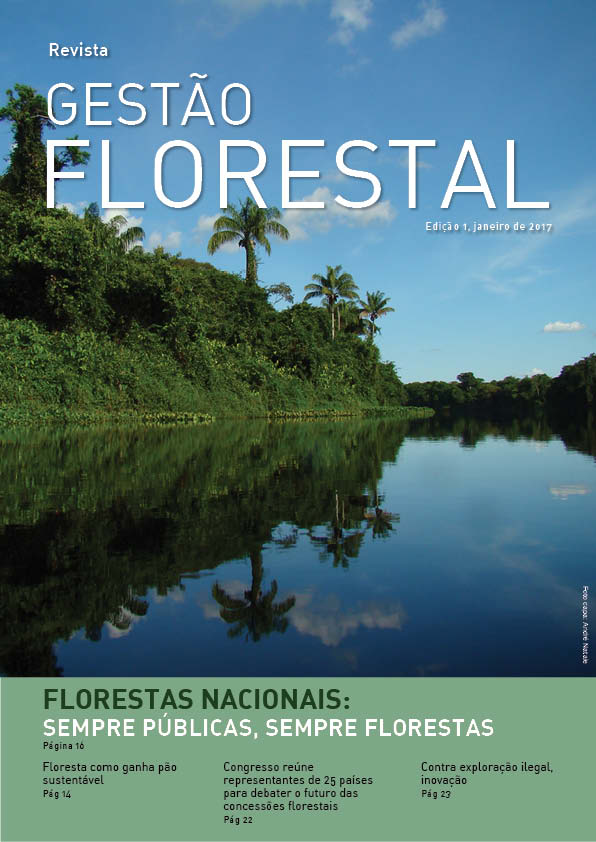Responding to the Global Food Crisis - Three perspectives
"The dramatic rise and volatility of food prices over the last year have shaken the global food system. Governments and the international development community generally have responded to various aspects of the food crisis, but questions remain about whether the right actions are being pursued, how best to respond, and what the future holds.












